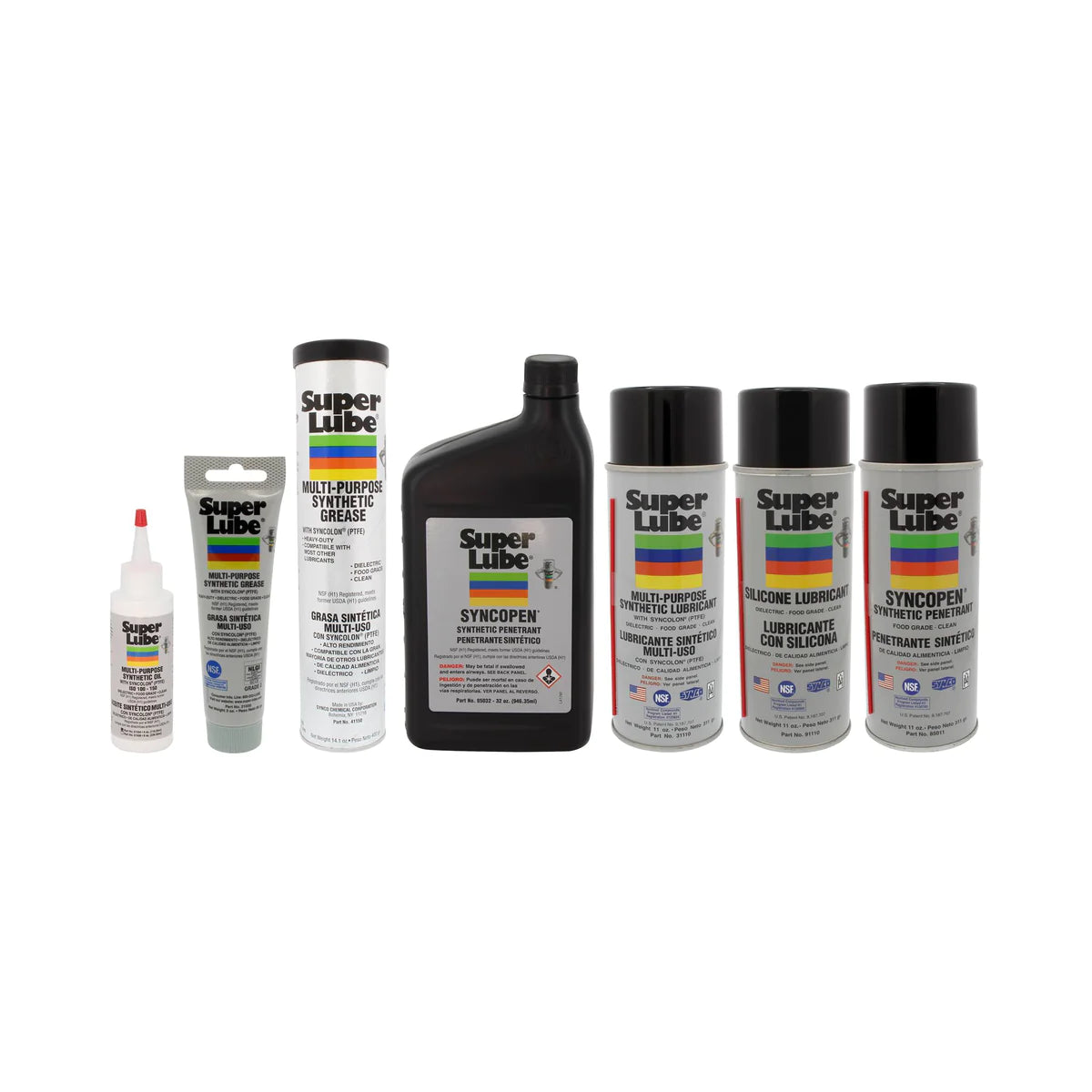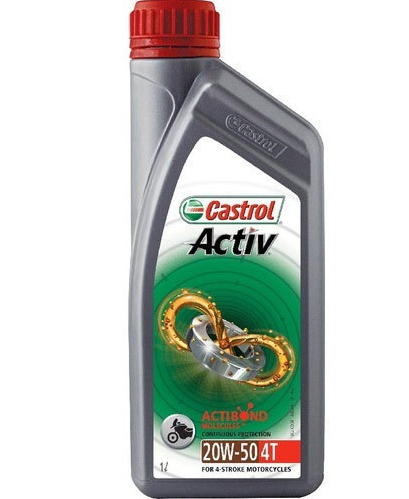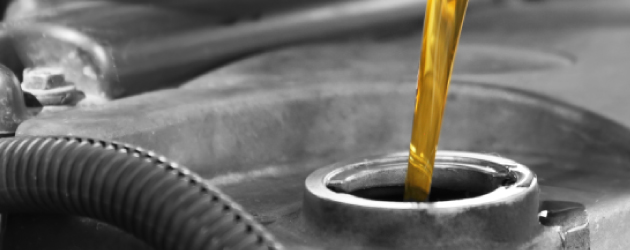Lubricating grease is a vital component in various mechanical systems, providing essential lubrication to reduce friction and wear between moving parts. It is a semi-solid substance that is typically a dispersion of thickening agents in a liquid lubricant.
Composition of Grease The primary components of grease are:
- Lubricating Fluid: This can be a mineral oil, synthetic oil, or vegetable-based oil, which forms the base of the grease.
- Thickeners: These are usually soaps like calcium, sodium, or lithium stearate, which give grease its semi-solid structure.
- Additives: These enhance the performance of the grease, providing properties such as oxidation resistance, corrosion inhibition, and improved viscosity.
Properties and Functions Grease has several distinctive properties:
- High Initial Viscosity: It starts out thick but becomes more fluid under shear stress, a phenomenon known as shear thinning.
- Sealant Abilities: It acts as a barrier against water and other contaminants.
- Adhesion: Grease stays in place, making it suitable for components that cannot be frequently lubricated.
Applications Due to its unique characteristics, grease is used in a wide range of applications, including:
- Automotive: In wheel bearings and joints.
- Industrial: In heavy machinery where frequent lubrication is impractical.
- Marine: Where water resistance is crucial.
- Household: In appliances and tools to ensure smooth operation.
Read More: The Use of Engine Oil and Grease in Motor Vehicles is To
Types of Grease There are various types of grease, each designed for specific applications:
- Calcium Grease: Known for its water resistance and good corrosion protection, it is suitable for lower temperatures.
- Lithium Grease: Offers durability and stability, used in high-pressure and shock-load applications.
- Aluminium Complex Grease: Can withstand extremely high temperatures; used in the food industry and other high-temperature environments.
Understanding the role and types of lubricating grease is essential for maintaining the longevity and efficiency of mechanical systems. By selecting the appropriate grease for a given application, one can ensure optimal performance and protection for machinery and components. Whether it’s in an industrial setting or for personal use, lubricating grease plays a crucial role in reducing wear and extending the life of equipment.
Read More: Is Grease an Oil? What are Specialty Greases?
7 Types of Grease
Grease is a crucial lubricant used in various industries and applications, providing protection against friction, wear, and corrosion. There are different types of grease available, each with its own unique properties and uses. In this article, we will explore the 7 types of grease commonly used in different applications.
1. Lithium Grease
Lithium grease is one of the most widely used greases in various industries. It is known for its excellent water resistance, high temperature tolerance, and mechanical stability. Lithium grease is commonly used in automotive applications, industrial machinery, and general-purpose lubrication. (See Amazon)
To know more: White Vs. Black Lithium Grease
2. Polyurea Grease
Polyurea grease is a synthetic grease that offers exceptional stability, high-temperature resistance, and extreme pressure (EP) properties. It is commonly used in applications requiring long-lasting lubrication, such as electric motors, bearings, and automotive components.
- Simatec Simalube 60ML – Polyurea (See Amazon)
- Simatec Simalube 125ML – Polyurea (See Amazon)
- Simatec Simalube 250ML – Polyurea (See Amazon)
- John Deere Multi-Purpose SD Polyurea Grease (See Amazon)

Credit: www.hongteckhin.com.sg
3. Brake Grease
Brake grease, also known as caliper grease, is specifically designed for use in brake systems. It provides lubrication for brake caliper slide pins, preventing them from sticking or seizing. Brake grease is heat-resistant and can withstand the high temperatures generated during braking. (See Amazon)
4. Calcium Grease
Calcium grease is a multi-purpose grease used in various applications. It is known for its excellent water resistance and corrosion protection. Calcium grease is commonly used in automotive, marine, and industrial applications that require resistance to water washout.
- Super Calcium Grease | 2kg (See Amazon)
- Liqui Moly Marine Winch Grease | 100 g (See Amazon)
- Liquimoly LIQUI Moly Battery Clamp Grease | 50 g (See Amazon)
- HPCC1 High Performance Calcium Complex Grease | 1lb (See Amazon)
- Jet-Lube Arctic – Extreme Low Temperature Grease | 14 oz. (See Amazon)
- Motorex 300787 Longterm NLGI 2 Adhesive Calcium Soap Grease 2000 Cart | 400 Grams (See Amazon)
5. Sodium Grease
Sodium-based greases offer excellent high-temperature performance but are not as water-resistant as other types of greases. They are commonly used in applications where high temperatures are a concern, such as oven bearings and kiln car wheel bearings. (See Amazon)
Credit: www.bequiet.com
6. Oil Additives
Oil additives are not greases themselves, but they are used to enhance the performance of lubricating oils by improving their viscosity, detergency, and anti-foaming properties. These additives are commonly used in combination with greases to achieve optimal lubrication.
- Lucas Oil 10278 Engine Oil Stop Leak – 1 Quart (See Amazon)
- Lucas Oil 10279 Engine Oil Stop Leak – 1 Gallon (See Amazon)
- Permatex 30302 Engine Oil – Stop Leak, 12 fl oz (See Amazon)
- Lucas Oil 10001 Heavy Duty Oil Stabilizer – 1 Quart (See Amazon)
- LUCAS OIL High Mileage Oil Stabilizer, 1 quart, Multi (See Amazon)
- STP High Mileage Oil Treatment + Stop Leak – 15 FL OZ (See Amazon)
- Red Line (81403 Engine Oil Break-in Additive – 16 Ounce (See Amazon)
- LIQUI MOLY Motor Oil Saver | 300 ml | Oil additive | SKU: 2020 (See Amazon)
- Lucas Oil 11100 Engine Oil Stop Leak Top Off Additive – 1 Quart (See Amazon)
- Rislone 4102 XTREME LUBE® Maximum Performance Engine Treatment (See Amazon)
7. Silicone Grease
Silicone grease is a non-melting, waterproof grease commonly used in applications that require resistance to extreme temperatures, chemicals, and moisture. It is often used in electrical connections, O-rings, and rubber seals.
These are the 7 main types of grease commonly used in various industries. Each type has its own specific properties and uses, making them suitable for different applications. (See Amazon)
Read More: How to Clean Oil and Grease from Engines and Clothes?
Conclusion
Understanding the different types of grease and their properties is essential to choosing the right lubricant for your specific application. Whether you need grease for automotive, industrial, or marine use, selecting the appropriate type will ensure optimal performance and longevity of your equipment.


